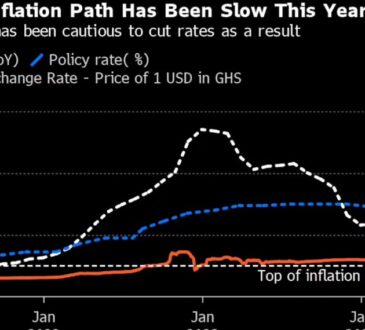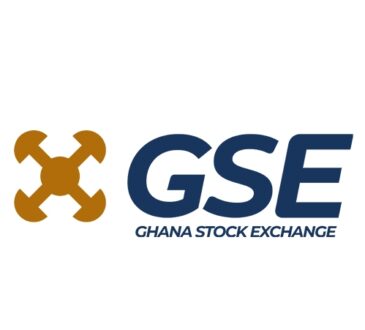
Government says it is disappointed by S&P’s decision to downgrade the Ghanaian economy despite some “bold policies” it has implemented in 2022 to address macro-fiscal challenges and debt sustainability.
On August 5, 2022, Standard and Poor’s (S&P) global ratings downgraded Ghana’s foreign and local credit ratings from B-B’ to CCC+C with a negative economic outlook.
According to S&P, the downgrade is due to intensifying financing and external pressures on the economy.
The Finance Ministry in reacting to this expressed disappointment at the credit rating agency’s decision.
It says government despite the impact of global external shocks on the economy has taken some proactive measures to revive the economy.
It said some key revenue and expenditure measures, including the 30% cut in discretionary expenditures, have been implemented.
“The delays in the passage of key revenue measures introduced in the 2022 Budget affected revenues performance in the year’s first half. However, all the revenue measures introduced in the 2022 Budget, including the review of the MDA Fees and Charges Bill, the Tax Exemption Bill, and the E-Levy Bill, have all now been promulgated by Parliament. These fiscal measures are now fully implemented to support our fiscal and debt sustainability policies,” it added.
Government is confident that it will successfully emerge from these challenges in the shortest possible time.
“We have demonstrated the track record to do so in the Akufo-Addo-led government,” it added.
It is certain the current engagement with the International Monetary Fund for a Programme, incorporating Enhanced Domestic Program (EDP), will “support the drive to restore and sustain macroeconomic stability; debt sustainability and promote growth and job creation whilst ensuring social protection to achieve our vision of a Ghana Beyond Aid.”
S&P Global Ratings
S&P Global Ratings said though government has taken steps towards consolidating the fiscal deficit, including the recent passage of the Exemptions bill, high borrowing costs and softening growth make it difficult to put debt to GDP on a downward path.
After a careful assessment of the economy, S&P also reviewed the country’s economic outlook as negative. The negative outlook, in a statement issued by S&P on Friday, August 5, 2022, reflects Ghana’s limited commercial financing options, and constrained external and fiscal buffers.”
S&P Global Ratings also noted that the Covid-19 pandemic and the Russian invasion of Ukraine had worsened Ghana’s fiscal and external imbalances.
Demand for foreign currency has been driven higher by various factors, including non-resident outflows from domestic government bond markets, a lack of access to Eurobond markets, retail dollar purchases, dividend payments to foreign investors, and higher costs for refined petroleum products.
Currently, the local currency which has seen a sharp depreciation in recent times is nearing ¢9 to one US dollar.
It would be recalled that government earlier this year introduced some revenue generation measures such as the E-Levy, the Tax Exemptions Bill, and some cuts in discretionary spending.
However, S&P notes that while these changes could improve revenue generation going forward, the situation remains challenging.







